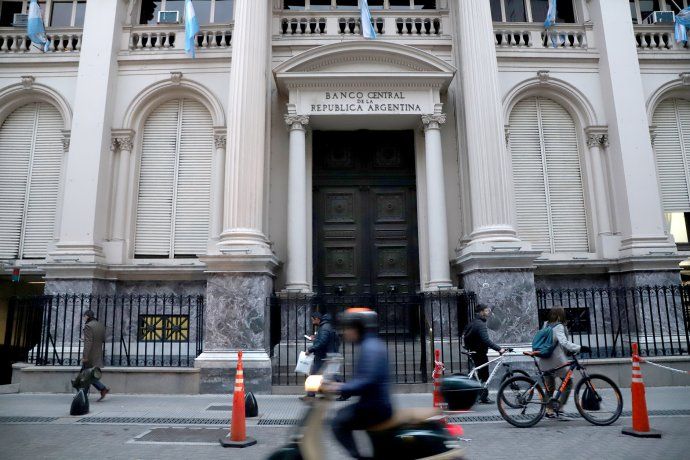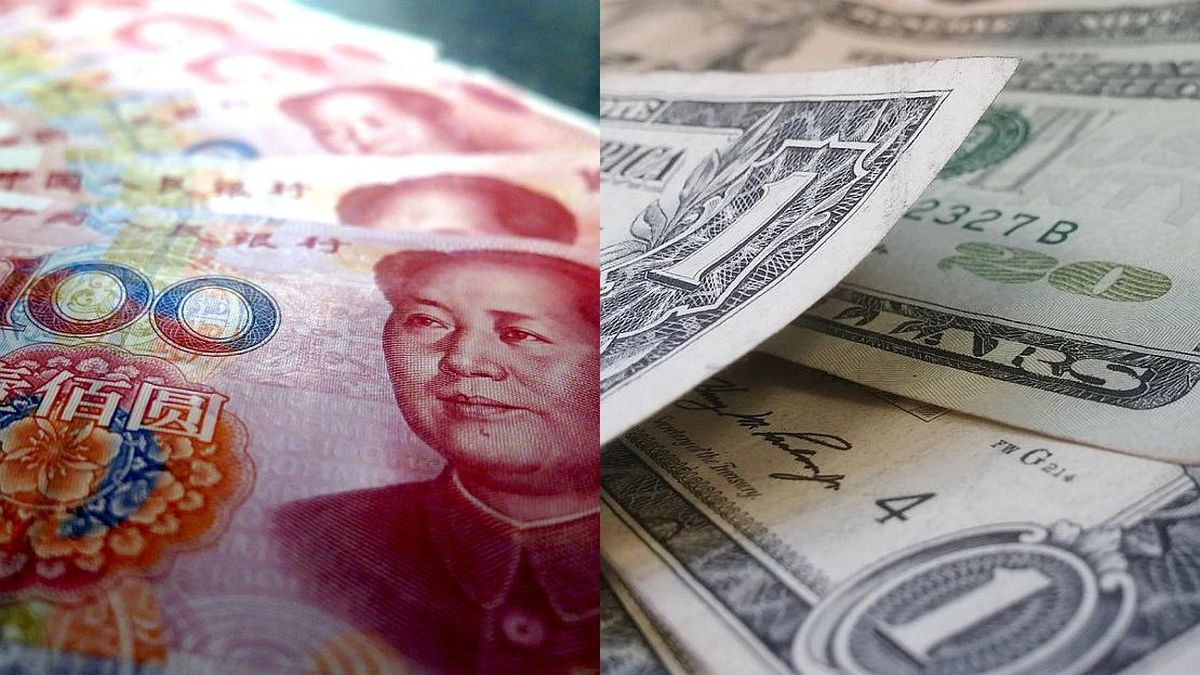And it is that, according to the EcoGo economist, Lucio Garay Mendez, on Chinese territory “There is still a dispute between the restrictive policies (due to Covid-19, which the country wants to maintain at zero cases) that negatively affect activity and the expansionary ones of the local central bank, which go in the opposite direction.”
The yuan and the dollar.
The yuan and the dollar.
This has repercussions on the world economy, given the preponderant place that the Asian giant has reached in the world today and, of course, Argentina is no exception. How does the China effect hit the local economy, especially taking into account three central axes: dollar, reserves and the stock market?
Dollar and reserves: double blow for the swap and exports
As warned Eliana ScialabbaExecutive Director of the Center for Economic Studies Argentina XXI (CEEAXXI), “new confinements could put a brake on trade between countries” and points out that countries like Argentina, so dependent on the Asian giant, should be alert, especially since the arrival of new confinements could put a brake on trade and, in that case, our nation would see a sharp drop in its exports.
The economist’s view is based on the fact that China is Argentina’s second largest trading partner, after Brazil and, for example, last year, bilateral trade reached a volume of US$17.830 milliona considerable number considering that the country’s total exports reached US$78 billion in 2021.
The number of sales to China is mainly composed of soy products, shrimp and fish, meat and winewhich is what Argentina exports the most to that country, but, on the other hand, the Asian giant is the country from which more products are imported, so the trade balance with that nation was negative for u$s7,239 million last year.
BCRA Central Bank

Ignacio Petunchi
Consequently, Scialabba points out that, “in a scenario of scarce reserves, the lower inflow of foreign currency will put even more pressure on the stock of assets of the Central Bank (BCRA), which will put more and more pressure on the rate of depreciation.”
But that is not the only impact that the BCRA could suffer as a consequence of the Chinese crisis. Glustein also mentions as a key element the fact that, when the yuan falls, the swap with China is worth less in dollars and, as has been seen in recent times, this generates a drop in the volume of total reserves, that Today they are at US$37.5 billion in gross terms.
Investments and stock markets down
Another element that is mentioned as a variable to take into account is the fact that an important part of the investments in Argentine territory have Chinese capital, so Glustein warns that “There could be blows in that sense, especially at the financing level.”
And this is directly related to the dynamics of investment funds, since, on the other hand, the collapse of the Chinese stock market will also have a negative impact on emerging capital markets, which are large recipients of capital and inputs from that country, including Argentina.
In fact, Argentine stocks and bonds had a negative day and, in the City, they warn that “We will have to see how the dynamics continue in the Asian giant.”
Thus, as indicated by Lucio Garay Méndez, “the effect is mostly one of greater uncertainty” and anticipates that, as long as this crisis situation continues in the eastern country, there will be more noise for the local economy.
Source: Ambito
I am a 24-year-old writer and journalist who has been working in the news industry for the past two years. I write primarily about market news, so if you’re looking for insights into what’s going on in the stock market or economic indicators, you’ve come to the right place. I also dabble in writing articles on lifestyle trends and pop culture news.




